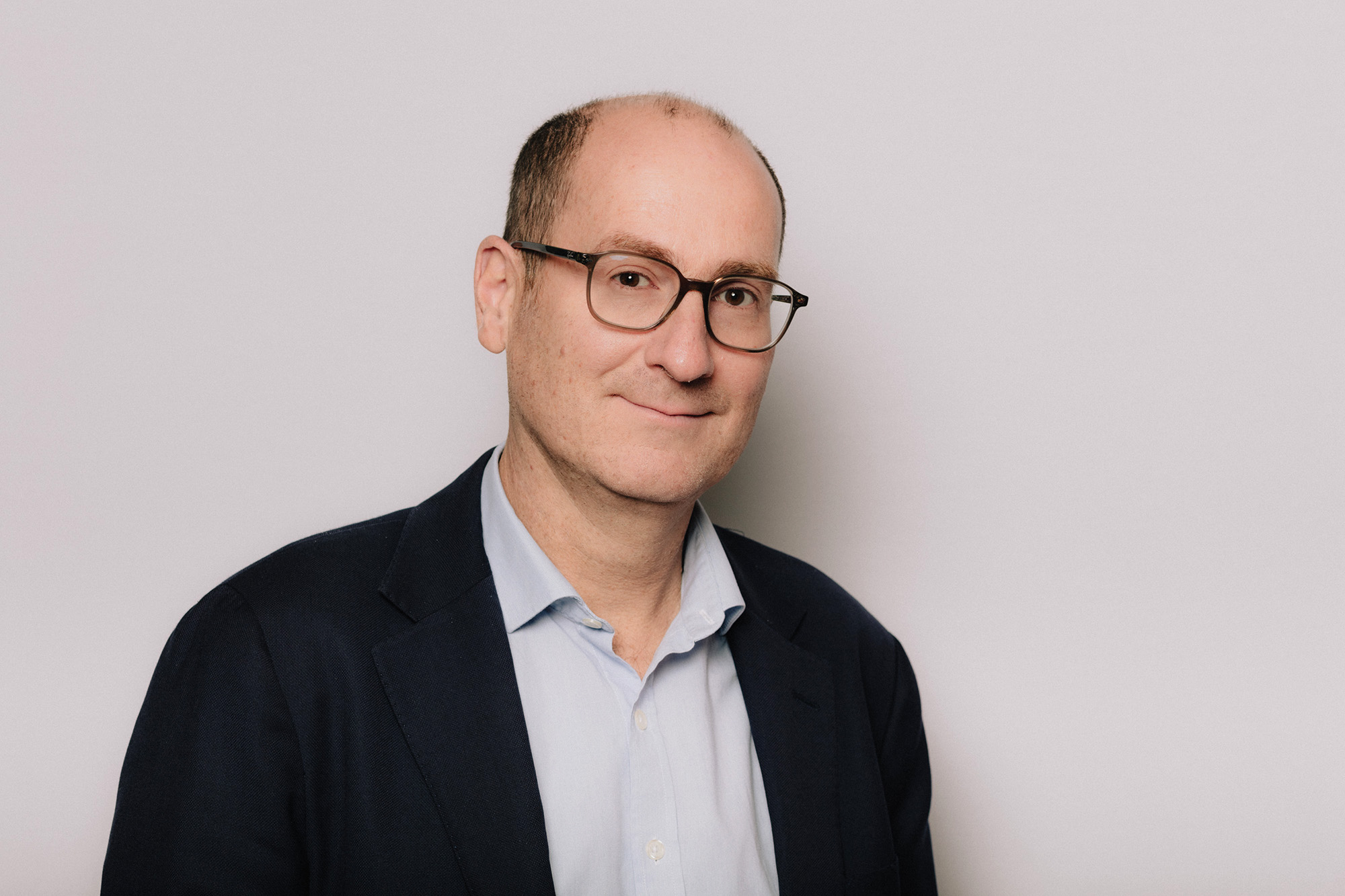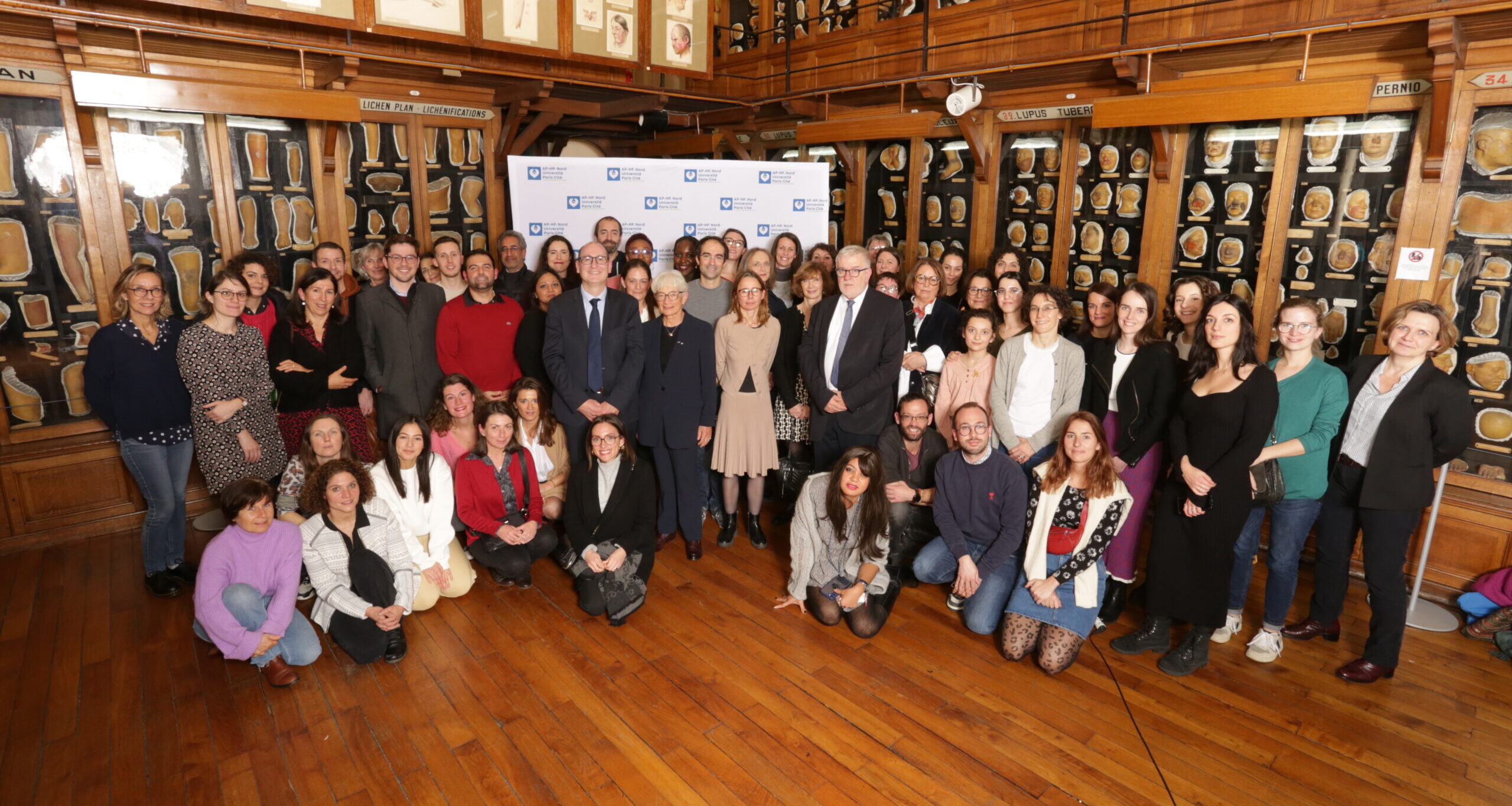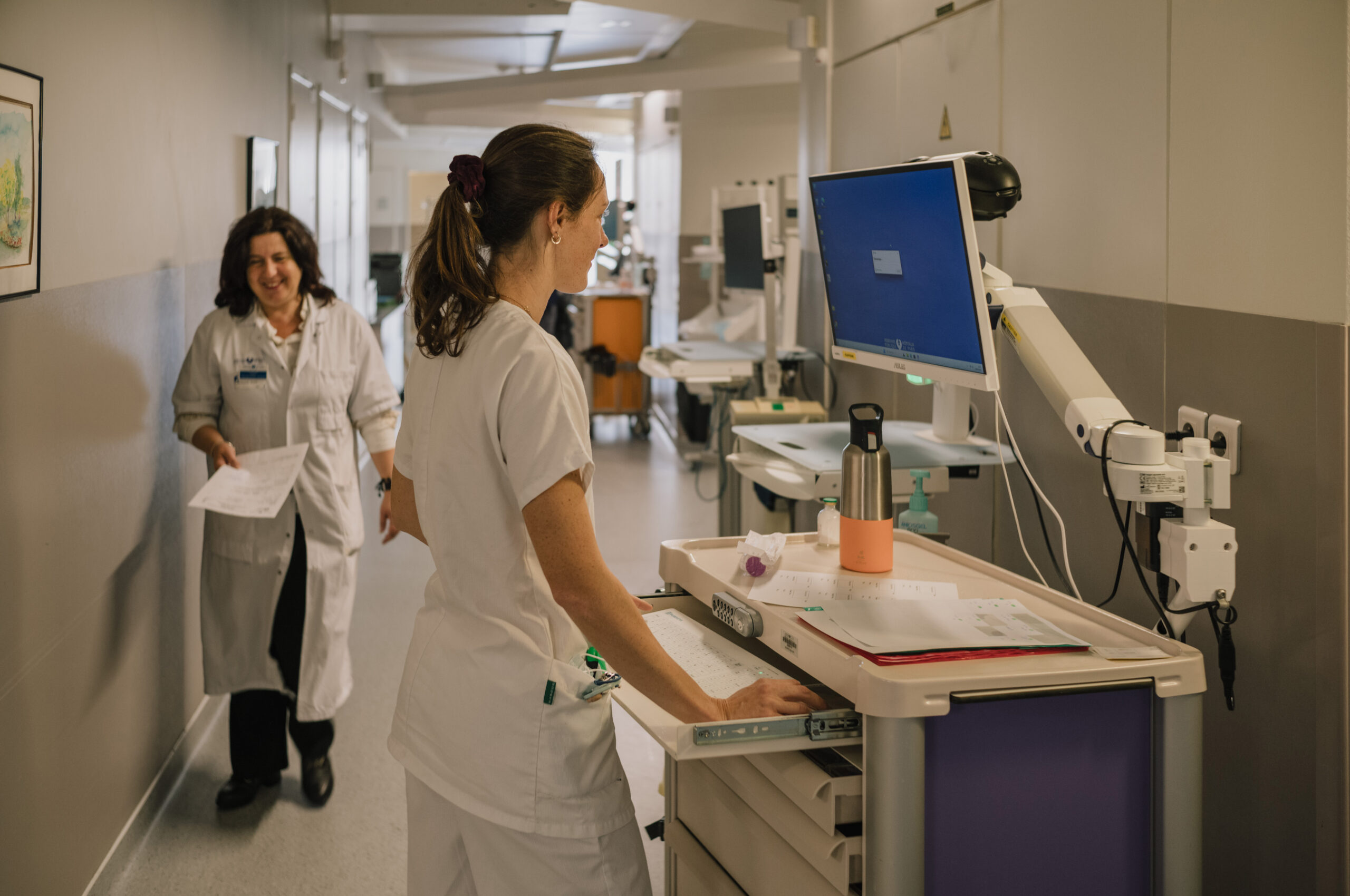- About us
- A new Institute dedicated to combating leukemia
- Scientific and medical program
- History of Hematology on the Saint-Louis Campus
- The Leukemia Institute’s governance
- Press
- Contact us
- Our news
- Winners of the internal call for projects 2026
- Perspectives in the treatment of aplastic anemia
- The 2025 Olga Sain Prize
- Hugues de Thé’s Wishes
- Profile of Vincent Bansaye, Professor at École Polytechnique
- Support us
- Join us
- You are
- Patients and relatives
- To receive care and support
- Become an expert patient
- Discover the Leukemia Institute
- Researchers
- Research
- Clinical trials
- Discover the Leukemia Institute
- Healthcare professionals
- Refer a patient
- Our clinical research
- Discover the Leukemia Institute
- Industry partners
- Discover the Leukemia Institute
- Translational research
- Donors
- Support us
- Discover the Leukemia Institute
- Care
- Patient care
- Being Treated at the Leukemia Institute
- Cancer treatments
- Supportive Care
- Open Multidisciplinary Meetings
- Our clinical services
- Saint-Louis Hospital – Department of adult hematology
- Saint-Louis Hospital – Hematology Transplant Unit
- Saint-Louis Hospital – Department of Pharmacology and Clinical Investigations
- Saint-Louis Hospital – Adolescent and Young Adult Unit
- Saint-Louis Hospital – Outpatient Hemato-oncogenetics Unit
- Saint-Louis Hospital – Department of senior hematology
- Robert-Debré Hospital – Department of pediatric hematology and immunology
- Necker Hospital – Department of Adult Hematology
- Cochin–Port Royal Hospital – Department of clinical hematology
- Avicenne Hospital – Department of clinical hematology and cell therapy
- Our medical laboratories
- Hematology Medical Laboratory, Michaela Fontenay
- Hematology Medical Laboratory, Jean Soulier
- Molecular Genetics Unit, Hélène Cavé
- Hematology Medical Laboratory, Vahid Asnafi
- Patient information
- Acute Myeloid Leukemias
- Acute Lymphoblastic Leukemias
- Myeloproliferative Neoplasms
- Myelodysplastic Syndrome
- Cancer treatments
- Supportive Care
- Psychological Support
- Research
- Our research teams
- Hugues de Thé’s team – Molecular pathology
- Raphaël Itzykson’s team – Functional precision medicine for leukemia
- Michaela Fontenay’s team – Normal and pathological hematopoiesis
- Françoise Pflumio’s team – Niche, Cancer, and Radiation in Hematopoiesis
- Sylvie Méléard’s team – Population Evolution and Interaction Particle Systems
- David Michonneau’s team – Translational Immunology in Immunotherapy and Hematology (TIGITH)
- Lina Benajiba’s team – Identification and targeting of extrinsic regulators of myeloid malignancies
- Karl Balabanian’s team – Lymphoid niches, Chemokines and Immuno-hematological syndromes
- Alexandre Puissant’s team – Molecular Mechanisms of Acute Myeloid Leukemia Development
- Stéphane Giraudier’s team – Chronic Myeloid Malignancies, Microenvironment & Translational Research
- Diana Passaro’s team – Leukemia & Niche Dynamics
- Camille Lobry’s team – Genetic and Epigenetic control of Normal and Malignant Hematopoiesis
- Jean Soulier’s team – Stem cell dysfunction and secondary AML
- Sylvie Chevret’s team – Biostatistics and clinical epidemiology
- Our technological platforms
- Our clinical research
Accueil » Care for patients » Saint-Louis Hospital – Hematology Transplant UnitSaint-Louis Hospital – Hematology Transplant Unit
...Régis Peffault de Latour
Head of department
Access and contact
Saint-Louis Hospital
1 avenue Claude-Vellefaux
75010 Paris
Diseases managed
Acute and chronic leukemias
Lymphomas
Acquired and constitutional aplastic anemias
Paroxysmal Nocturnal Hemoglobinuria (PNH)
Constitutional neutropenia
Acute and chronic leukemias
Lymphomas
Acquired and constitutional aplastic anemias
Paroxysmal Nocturnal Hemoglobinuria (PNH)
Constitutional neutropenia
Department activities
The department is dedicated to allogeneic hematopoietic stem cell transplantation (JACIE-accredited) for malignant hematologic disorders, particularly myeloid diseases, with internationally recognized expertise in the field. The unit is also specialized in transplantation and pharmacological treatment of non-malignant hematologic disorders (notably aplastic anemia and PNH, in collaboration with the French National Reference Center for Aplastic Anemia). The department’s research focuses on understanding and treating graft-versus-host disease (GVHD) and relapse, as well as developing new treatments for PNH and aplastic anemia, with major publications that have recently led to changes in therapeutic standards.
Multidisciplinary Team Meetings
Weekly local meetings are held within the department—both in-person and remotely—to discuss all cases of patients with malignant or non-malignant hematologic disorders being considered for allogeneic hematopoietic stem cell transplantation. These multidisciplinary meetings bring together clinical hematologists, transplant coordinators, and HLA laboratory physicians.
Contact : rcp.greffe.moelle.sls@aphp.fr
Bi-monthly national videoconference meetings gather adult and pediatric clinicians, biologists, and geneticists to review cases of acquired or constitutional aplastic anemia and paroxysmal nocturnal hemoglobinuria (PNH) referred to the national reference center. A written expert opinion is provided to the requesting physician.
Contact : rcp.aplasiemedullaire.sls@aphp.fr
A monthly multidisciplinary meeting brings together transplant hematologists and organ specialists (pulmonologists, dermatologists, ophthalmologists, gynecologists, etc.) with expertise in managing graft-versus-host disease. The goal is to collaboratively assess complex clinical cases with diagnostic or therapeutic challenges, discuss treatment strategies, and explore protocol inclusion opportunities.
Our clinical trials
Haploidentical allogeneic hematopoietic stem cell transplantation with post-transplant cyclophosphamide in patients with acquired aplastic anemia refractory or in relapse after immunosuppression : a nationwide phase II study
Randomized prospective Phase III clinical trial comparing HLA 10/10 matched unrelated donor and haploidentical allogeneic hematopoietic stem cell transplantation after myeloablative conditioning regimen
Phase III study comparing GVHD prophylaxis with ATG-thymoglobulin to ATLG-grafalon in elderly patients with acute myeloid leukemia or myelodysplatic syndrome and receiving an allogeneic hematopoietic stem cell transplantation with a 10/10 HLA matched unrelated donor following a reduced intensity conditioning regimen by fludarabine-treosulfan
National Observatory of Bone Marrow Failure
Establishment of a prospective clinico-biological database with the creation of a biobank of biological samples.Randomized prospective trial evaluating the efficacy of the antiCD38 monoclonal antibody isatuximab in the treatment of PCRA by major ABO mismatch after allogeneic hematopoietic stem cell transplantation
Phase I/II trial evaluating the safety and efficacy of human T-lymphoid progenitor (HTLP) infusion to accelerate immune reconstitution after cord blood transplantation in adult patients with malignant hematologic diseases.
Open-label, randomized, non-comparative, multicenter Phase I/II clinical trial evaluating the safety and efficacy of SMART101 following partially HLA-matched peripheral blood stem cell transplantation and post-transplant cyclophosphamide in patients with malignant hematologic diseases.
Multicenter, randomized, double-blind Phase IIb study evaluating MaaT033, an orally administered pooled donor-derived fecal microbiotherapy drug, for the prevention of complications after allogeneic hematopoietic stem cell transplantation.
Haploidentical transplantation in patients with myelofibrosis: a prospective multicenter Phase II study.
Open-label multicenter extension study to characterize the long-term safety and tolerability of iptacopan (LNP023) in patients with paroxysmal nocturnal hemoglobinuria (PNH) who have completed Phase 2 and Phase 3 iptacopan studies.
Long-term extension study to characterize the safety and efficacy of danicopan as an add-on to a C5 inhibitor (C5i) in patients with paroxysmal nocturnal hemoglobinuria (PNH) who were previously treated with danicopan in an Alexion-sponsored clinical study.
Prospective Phase II study evaluating ASTX727 and donor lymphocyte infusions (DLI) in patients with very high-risk myelodysplastic syndrome or acute myeloid leukemia.
Phase III multicenter, randomized, double-blind, placebo-controlled study evaluating itolizumab in combination with corticosteroids for the first-line treatment of acute graft-versus-host disease (aGVHD).
A randomized, double-blind, multicenter, Phase 3 study to evaluate efficacy and safety of belumosudil in combination with corticosteroids versus placebo in combination with corticosteroids in participants at least 12 years of age with newly diagnosed chronic graft versus host disease (cGVHD)
Haploidentical allogeneic hematopoietic stem cell transplantation with post-transplant cyclophosphamide for rescuing patients with graft failure: a phase II study
Phase II feasibility trial of haploidentical transplantation with high-dose post-transplant cyclophosphamide in Fanconi anemia.
Evaluation of an optimized allogeneic hematopoietic stem cell transplantation protocol with post-transplant cyclophosphamide in patients aged 40 to 60 years old with acquired aplastic anemia refractory or in relapse after immunosuppression
UPFRONT RELATED DONOR TRANSPLANTATION IN PATIENTS WITH MYELODYSPLASTIC SYNDROME: A PHASE 2 TRIAL
Allogeneic immunotherapy of malignant hematologic diseases via selective depletion of regulatory T cells: randomized double-blind confirmatory trial.
Phase I/II study evaluating venetoclax followed by venetoclax plus azacitidine and donor lymphocyte infusion in patients with MDS or AML (blasts <30%) relapsing after allogeneic hematopoietic stem cell transplantation.
Fecal microbiota transplantation for the prevention of graft-versus-host disease after allogeneic hematopoietic stem cell transplantation in patients with malignant hematologic diseases.
Prospective multicenter Phase III randomized study comparing two reduced-intensity conditioning regimens (clofarabine/busulfan versus fludarabine/busulfan) in adult patients eligible for allogeneic hematopoietic stem cell transplantation with acute myeloid leukemia: a SFGM-TC study.
International Paroxysmal Nocturnal Hemoglobinuria (PNH) Interest Group Registry
Single-arm multicenter observational study evaluating the real-world effectiveness of pegcetacoplan in patients with paroxysmal nocturnal hemoglobinuria (PNH).
Prospective multicenter Phase III randomized, double-blind, placebo-controlled study evaluating the efficacy and safety of mocravimod in patients with acute myeloid leukemia (AML) undergoing allogeneic hematopoietic stem cell transplantation (allo-HSCT).
Phase III open-label randomized study evaluating the safety and efficacy of venetoclax in combination with azacitidine following allogeneic stem cell transplantation in patients with acute myeloid leukemia (AML) (VIALE-T).
A Phase 3 Study of Axatilimab (INCA034176) and Corticosteroids as Initial Treatment for Chronic Graft-Versus-Host Disease
Key areas of clinical trials
Allogeneic hematopoietic stem cell transplantation for malignant hematologic diseases such as myelodysplastic syndromes, acute leukemias, and peripheral cutaneous lymphomas, with the objective of reducing relapse risk and preventing or treating graft-versus-host disease (GVHD).
Haploidentical transplantation, to ensure that all patients in need of an allogeneic approach—whether for malignant disorders or aplastic anemia—have access to a compatible donor: “A donor for every patient.”
First-line allogeneic transplantation for patients with myelodysplastic syndromes (in the absence of matched unrelated donors), and for aplastic anemia using unrelated donors.
Allogeneic transplantation in older adults aged 65 and over, including patients up to 70, with a focus on rigorously evaluating the potential benefits of transplant in this age group. In aplastic anemia, transplantation protocols are also being explored for patients aged 40–60.
Long-term follow-up of patients who have been cured of their initial disease.
Clinical trials for novel therapies in paroxysmal nocturnal hemoglobinuria (PNH), aplastic anemia, and chronic neutropenia.
Comprehensive care pathways for allogeneic transplant recipients.
Team members
Régis Peffault de LatourPU-PHDavid MichonneauPU-PHMarie RobinPHAliénor XhaardPHFlore Sicre de FontbrunePHClara CaillonPHMme Isabelle BrindelHead of Clinical TrialsLaetitia DubouchetAssistant Clinical DirectorVictoria VolpariAssistant Clinical DirectorStéphane CassonnetClinical Study Coordinator – Allogeneic TransplantationLynda MaafaClinical Trials Coordinator – Bone Marrow Aplasia & PNHEwa KOZAKIEWICZClinical Research TechnicianLaetitia TaurinesClinical Research TechnicianTiana AndriamasyClinical Research TechnicianJulie CaignartClinical Research Technician – National Bone Marrow Failure Registry (RIME)Séverine SaulnierClinical Research Technician – EBMT RegistryBruna RodriguesHealthcare managerJob offers
Registered nurse (RN)
Practice as a Registered Nurse (RN) in accordance with the French Public Health Code decree of July 29, 2004, governing professional acts, standards, and the practice of nursing.
Download the PDFStay up to date by subscribing to the institute's newsletter
- Discover the Leukemia Institute
- Translational research
- Our clinical research
- Clinical trials
- Become an expert patient
- To receive care and support
- A new Institute dedicated to combating leukemia




Featured research projects
This project aims to demonstrate that haploidentical stem cell transplants can safely replace alternative donor sources—and potentially even fully matched unrelated donors from international registries—through various clinical research protocols. These focus on aplastic anemia (both immune-mediated and genetic, such as Fanconi anemia) and myelodysplastic syndromes (MDS), the second most common indication for allogeneic transplant in hematologic cancers. The goal is to ensure every patient can access a family donor for transplantation.
Pr Régis Peffault de Latour
This study investigates post-transplant cyclophosphamide protocols in patients aged 40–60 with refractory or relapsed aplastic anemia, aiming to position this approach as a first-line treatment option in this context.
Pr Régis Peffault de Latour
A pioneering project to develop a digital support platform for patients undergoing allogeneic transplant, focusing on psychological well-being, nutrition, and tailored physical activity throughout their care journey.
Pr Régis Peffault de Latour